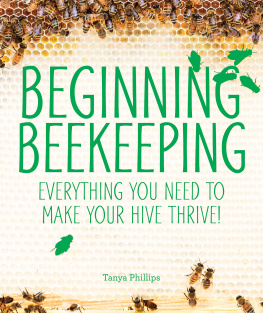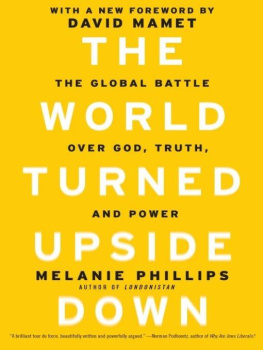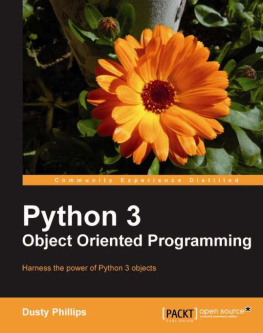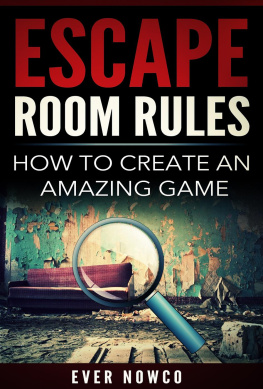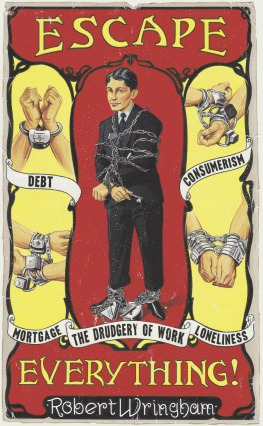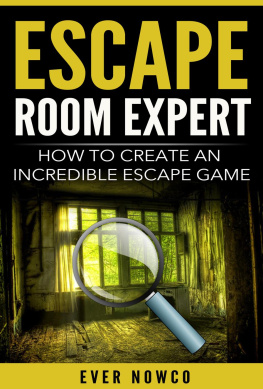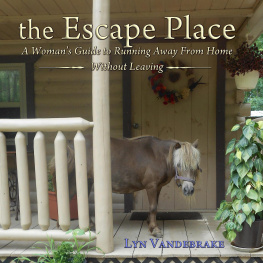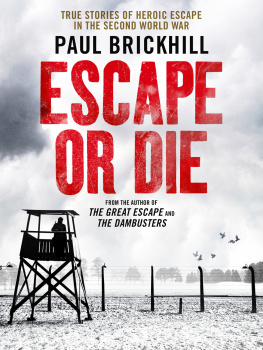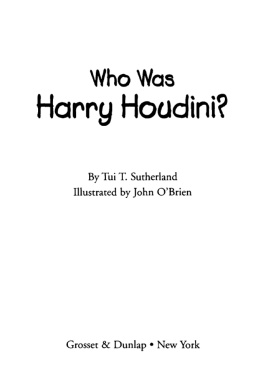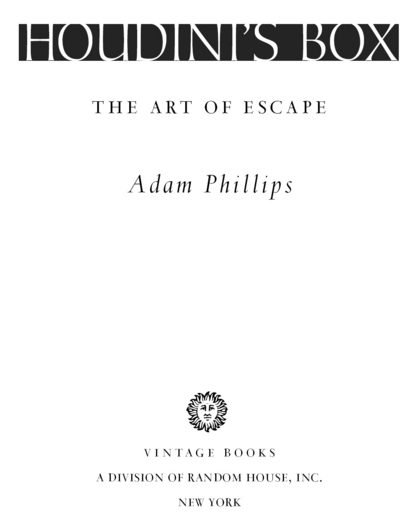Acclaim for Adam Phillipss
HOUDINIS BOX
Highly insightful (and sometimes quite funny).
Los Angeles Times
Always thought-provoking, nailing apparent psychological aberrations to the floor of the consulting room.
The Times
A vigorous analysis. Compelling.
Booklist
Captivating.
The Guardian
Phillips writes elegantly, and is capable of provocative analytic insights.
Publishers Weekly
Funny and humane.
The New York Times Book Review
[Phillips] works without jargon, which in this field is like a trapeze artist working without a net.
San Francisco Chronicle
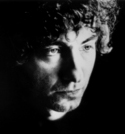
Adam Phillips
HOUDINIS BOX
Adam Phillips is the author of Winnicott; On Kissing, Tickling, and Being Bored; On Flirtation; Terrors and Experts; Monogamy; The Beast in the Nursery; Darwins Worms; and Promises, Promises; and Equals. Formerly the principal child psychotherapist at Charing Cross Hospital in London, he lives in England.
ALSO BY ADAM PHILLIPS
Winnicott
On Kissing, Tickling, and Being Bored
On Flirtation
Terrors and Experts
Monogamy
The Beast in the Nursery
Darwins Worms
Promises, Promises
Equals
FIRST VINTAGE BOOKS EDITION, AUGUST 2002
Copyright 2001 by Adam Phillips
All rights reserved under International and Pan-American Copyright Conventions. Published in the United States by Vintage Books, a division of Random House, Inc. Originally published in softcover in Great Britain by Faber and Faber Limited, London, and subsequently in hardcover in the United States by Pantheon Books, a division of Random House, New York, in 2001.
Vintage and colophon are registered trademarks of Random House, Inc.
Grateful acknowledgment is made to the following for permission to reprint previously published material: HARPERCOLLINS PUBLISHERS, INC. : Excerpt from Houdini!!! The Career of Eric Weiss by Kenneth Silverman. Copyright 1996 by Kenneth Silverman. Reprinted by permission of HarperCollins Publishers, Inc. HARVARD UNIVERSITY PRESS: Poem 144 and Poem 1364 from The Poems of Emily Dickinson edited by Ralph W. Franklin (Cambridge, Mass.: The Belknap Press of Harvard University Press, Copyright 1998 by the President and Fellows of Harvard College). Copyright 1951, 1955, 1979 by the President and Fellows of Harvard College. Reprinted by permission of Harvard University Press and the Trustees of Amherst College.
The Library of Congress has cataloged the Pantheon edition as follows:
Phillips, Adam.
Houdinis box : the art of escape / Adam Phillips.
p. cm.
eISBN: 978-0-307-77279-4
1. Escape (Psychology) 2. Escape (Ethics) 3. Conduct of life. I. Title.
BF575.E83 P45 2001
128dc21 00-050181
Author photograph Jason Bell
www.vintagebooks.com
v3.1
for Clive Panto
The way to solve the problem you see in life is to live in a way that makes the problem disappear.
L UDWIG W ITTGENSTEIN ,
Culture and Value
My sole concern was to borrow forms, no matter from where, by which my own preoccupations could declare themselves.
M ARION M ILNER ,
An Experiment with Leisure
They desire to be good and bad at the same time.
S ANDOR L ORAND ,
Compulsion Neurosis
Contents
A FIVE-YEAR-OLD GIRL comes into my room ready to play another round of her favorite game, hide-and-seek, a game she has been playing with me twice a week for several months. It is the way, down to the smallest detail, we always begin our time together. In the room there is an armchair, a table, and a chair. She stands in the middle of the room, closes her eyes, and says, Start looking.
I have watched her, as usual, walk into the room and simply close her eyes. But in her mind she is now hiding. And quite quickly getting impatient.
Look! she says. Start looking! Of course I am lookingwhat else could I be doing?but I dont seem to be playing the game. It occurs to me, for once, that perhaps I should close my eyes, which I do. And then she says a bit crossly, OK, Ill give you a clue. Im not behind the chair.
I say to her, not too plaintively, How will I ever find you?
Just keep looking, she says blithely, clearly wanting to be helpful. Then, a bit more frantic, a bit more Alice in Wonderland, I cant escape, I cant escape I must be here somewhere.
No one can look everywhere, I say.
We cant escape, were doing that, she replies thoughtfully, as though this was the most sensible, least histrionic of acknowledgments.
She waits, eyes squeezed, while I keep failing to do what it looks like Ive already done. So what I have foundindeed cant help seeing: her in the middle of the room, hidingis obviously not what she wants me to look for.
Will it be dangeroos when I find you? I ask. (Her mother would read the sign at the zoo as Do not feed these animals, they are dangeroos, so dangeroos is her word for it.)
Youll die, she replies. Then theres a pause, and she says in her most world-weary voice, I give up. And it is as if the rehearsal is over, and we can now resume, after another failed attempt at something, our ordinary life in the room.
There is a drama, a tableau that she has to show me, that we are both trapped in. This is what we have to take for granted, she seems to be saying, this is what we need to do together, to get things started. And the sign of our entrapment is that she never changes; whatever I say, her lines are always the same. So what I sayeven though it is as different as I can make it each time, even though I rack my brains for what she wants to hearseems equally repetitious. I am her desperate improviser, trying to spring her. I will only know if I am someone else to her if she wants to change her tune. But in this strange duet for one the hide-and-seek is like a dream game, secluded away; a play within a play that we both briefly enact and watch, and then give up on. She rarely refers to it afterwards, and I refer to it as much as I can, trying to fit it in or link it with the rest of her life. But because there is no conversation about it, because it is at once open and unopened, it is, to all intents and purposes, an unspoken thing between us.
I thought sometimes that there was a note of triumphant relief in her apparent dismay inside the game. She wants me to find her, but she warns me that I will suffer if I do; or she fears that no one really wants to find her because they wouldnt be able to bear the consequences. Either she is practicing her privacy or there is a solitude she feels imprisoned by. The girl standing in the middle of the room with her eyes closed sometimes seems to be parading her safety, and sometimes alerting us to a terror (people often feel most alive while they are escaping, most paralyzed before and after). But either way, what is most striking about the game, when we are playing it, is that I cant escape from looking for her, and she cant escape from hiding. There is nowhere else for either of us to go.




